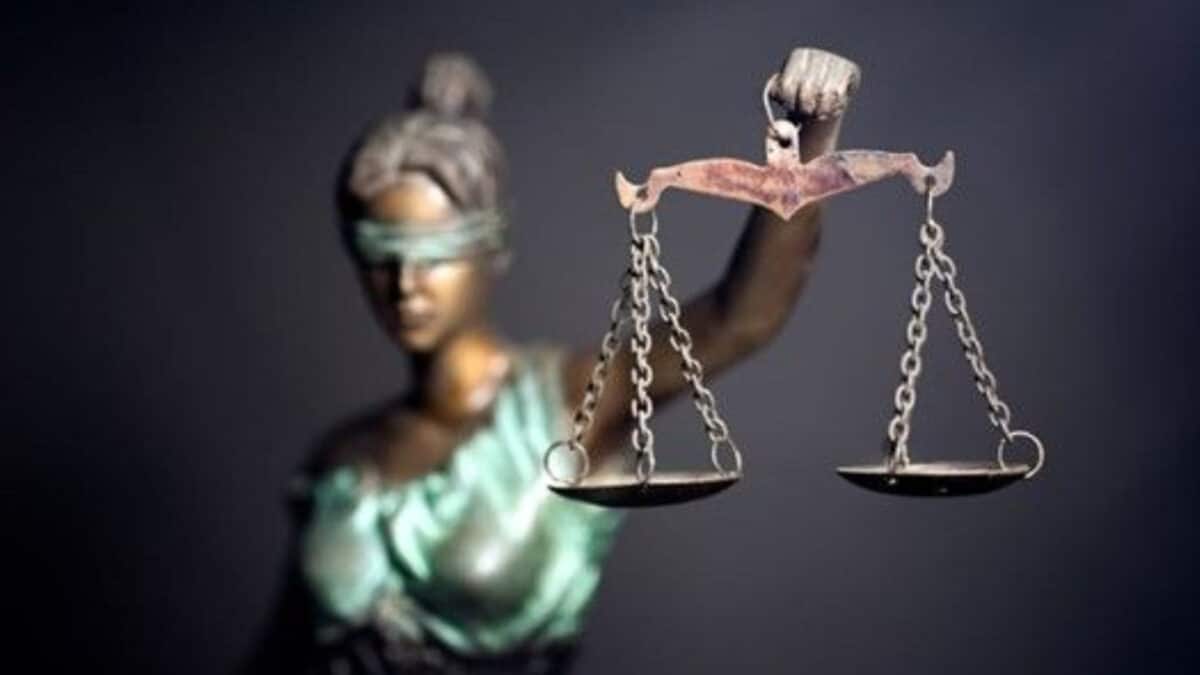In 2009, Remi was just 18 years old when he was involved in a motor vehicle accident which resulted in a severe brain injury (GCS 3/15). At the time of the accident he had just finished high school and was planning to start college.
He was experiencing severely impaired memory, decreased attention, executive function deficits, including issues with goal planning, initiation and problem solving, and slowed thought processing. He could not be left alone as he displayed poor judgment, which placed his safety at risk.
He began community rehabilitation including case management, occupational therapy, physical therapy, speech language pathology and a social worker.
Remi always had a passion for music and had been deejaying for schools, weddings, parties, and nightclubs since his early teens. After the accident he wasn’t sure if he was still capable of playing in front of larger audiences.
With the help of his treatment team he continued to develop his passion for music production and deejaying into what is today his fulltime occupation.
The OT worked with Remi to implement compensatory and remedial strategies for his cognitive impairments. This included technological devices for organization, memory and executive functioning such as using high tech applications, special computers and voice recognition software all related to electronic music production.
The team recommended a sound-proof room at his home to play music and to record it for performances. This was approved and implemented so he could stay by his family instead of moving into a studio.
The medical and rehab team assisted him in applying to get his driver’s license back and to get a modified car so that he would be to able drive to event locations.
The SLP assisted him in developing communication skills and practiced speaking into a microphone. The social worker helped him with self-esteem, with adjusting to disability and with building confidence on the stage and in front of a crowd.
Remi started volunteering several times a week and eventually starting booking his own performances.
Remi now spends the majority of his time working on his music and deejaying across Ontario. This has given him a new meaning in life and renewed his outlook and hopes for the future.
Below, Remi will share some of his insights on the recovery process after a severe brain injury.
Remi:
I thank my therapists for helping me develop the organization and networking skills required to turn this hobby into a career. This is a very tough industry, and I simply would not have the stamina to keep going if it wasn’t for their help. More than anything they made me believe that I could make an impact when I had already given up on myself.
There are many things I wish to share with young individuals going through the early stages of their recovery process, but perhaps the most important message is this:
Don’t give up on ANYTHING you’re passionate about. Don’t let anybody (especially yourself) think that your new limitations will make your life-long passions impossible to pursue. Instead, leave it up to your team of therapists to provide you with the strategies required to work AROUND your limitations. That’s what they’re there for and that’s what they’re good at; let them do their art, and you can continue to do yours.
We are so proud of Remi and we wish him all the best in his future!

